Buyers face challenges with high pricing, elevated operating costs, and labor issues, but the industry remains optimistic.

We have written thousands of articles about all aspects of hospitality, including valuations, investing, lending, operations, asset management, and much more.
Buyers face challenges with high pricing, elevated operating costs, and labor issues, but the industry remains optimistic.
Caravan tourism, a well-established niche segment of experiential tourism globally, is still at a nascent stage in India. Collaborative efforts by government agencies and industry stakeholders can help this segment become a success.
The number of visitors to Las Vegas exceeded 32.2 million in 2021, which was 10.7 million below the peak number of visitors in 2016. However, gaming revenue in Clark County in 2021 was $11.5 billion, which was approximately $600 million above the prior peak achieved in 2007. Occupied rooms in Las Vegas grew 70.7% in 2021, compared to 2020, from 21.2 million to 36.2 million; total occupancy for the year was 66.8%.
Since the onset of the COVID-19 pandemic, the San Francisco Bay Area has been one of the most severely affected markets in the nation. Silicon Valley, despite its status as the technology capital of the world, experienced significant declines in lodging performance because of its historical reliance on higher-rated business travel. This article discusses the changing business dynamics in Silicon Valley and the impact of the pandemic on the local hotel market.
In 2021 limited/select service hotels which represent almost half of the hotels in Canada are leading the recovery over 2019 with hotel demand down by 20% and average rate down by 8% resulting in a RevPAR decrease of 28%. We will be much closer to recovery when the removal of COVID restrictions allow our full-service hotels to follow in the limited/select service footsteps.
In 2020, Greater St. Louis-area hotels suffered unprecedented declines in demand because of the COVID-19 pandemic, similar to most cities in the United States. Since then, many travelers have returned, and the greater St. Louis hotel market has rebounded. What has the recovery looked like thus far? What must happen in the next 18 months for the market to reach pre-pandemic performance? What factors will shape the “new normal” for the market?
How did destination resorts in the northeastern United States fare during the pandemic? What is the future of this asset class?
ALIS kicked off the 2022 hospitality industry convention season this week with heightened optimism for the sector. Several factors are converging this year that are setting the stage for what may be a year of record-breaking transaction activity.
As the economic recovery continues following the depths of the COVID-19 pandemic, the current market is making mergers and acquisitions (M&As) more and more attractive to hotel industry players. This article explores the factors contributing to this trend.
Arlington County hotels experienced unprecedented declines in demand during the COVID-19 pandemic, similar to most metropolitan areas in the United States. Considering the area’s large number of demand generators, Arlington hotels are well positioned for a recovery, albeit a slow one. How far did the Arlington hotel market fall? What factors will shape this recovery?
We have written thousands of articles about all aspects of hospitality, including valuations, investing, lending, operations, asset management, and much more.

Buyers face challenges with high pricing, elevated operating costs, and labor issues, but the industry remains optimistic.
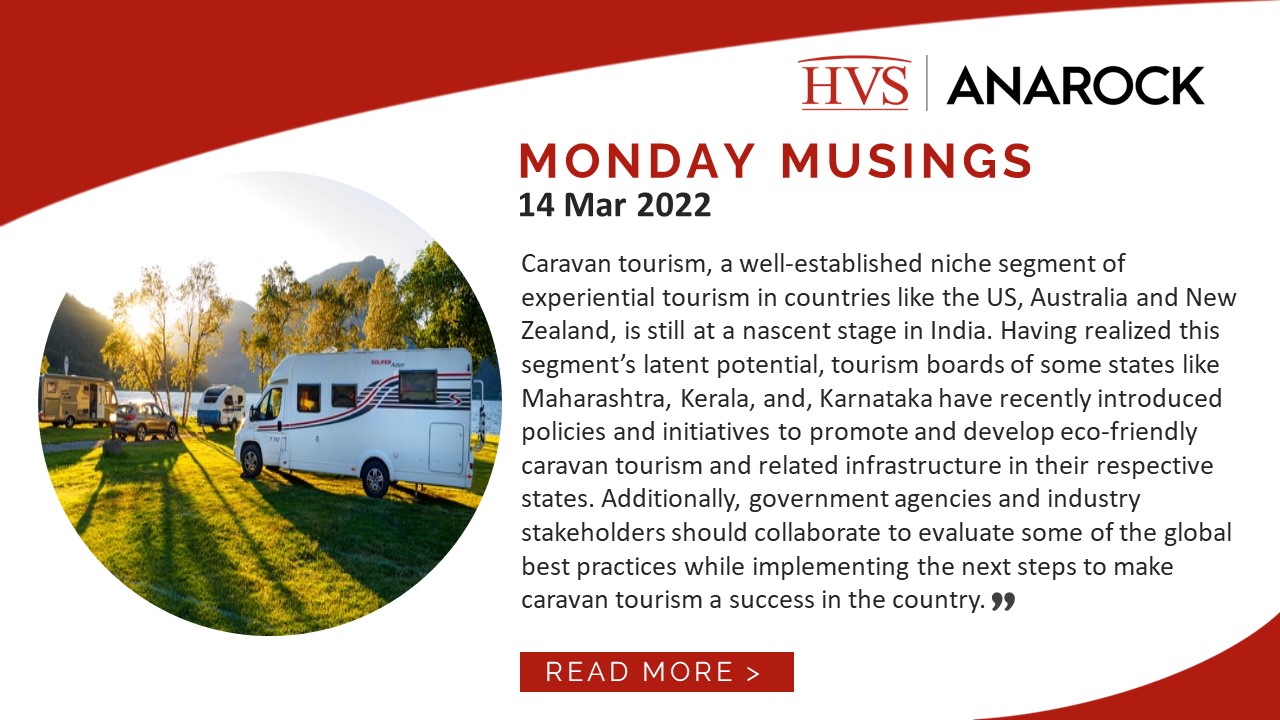
Caravan tourism, a well-established niche segment of experiential tourism globally, is still at a nascent stage in India. Collaborative efforts by government agencies and industry stakeholders can help this segment become a success.
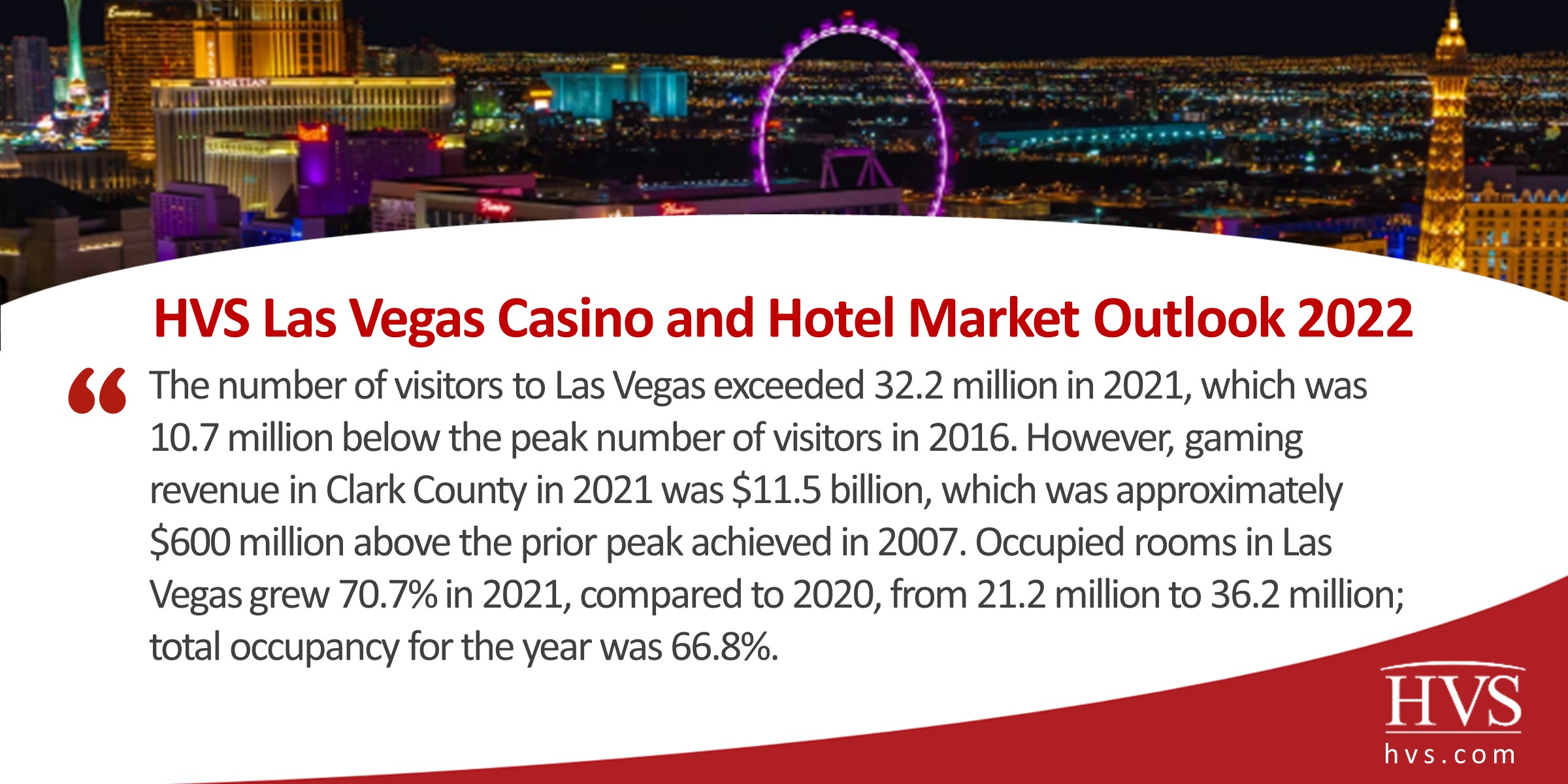
The number of visitors to Las Vegas exceeded 32.2 million in 2021, which was 10.7 million below the peak number of visitors in 2016. However, gaming revenue in Clark County in 2021 was $11.5 billion, which was approximately $600 million above the prior peak achieved in 2007. Occupied rooms in Las Vegas grew 70.7% in 2021, compared to 2020, from 21.2 million to 36.2 million; total occupancy for the year was 66.8%.
Since the onset of the COVID-19 pandemic, the San Francisco Bay Area has been one of the most severely affected markets in the nation. Silicon Valley, despite its status as the technology capital of the world, experienced significant declines in lodging performance because of its historical reliance on higher-rated business travel. This article discusses the changing business dynamics in Silicon Valley and the impact of the pandemic on the local hotel market.
In 2021 limited/select service hotels which represent almost half of the hotels in Canada are leading the recovery over 2019 with hotel demand down by 20% and average rate down by 8% resulting in a RevPAR decrease of 28%. We will be much closer to recovery when the removal of COVID restrictions allow our full-service hotels to follow in the limited/select service footsteps.
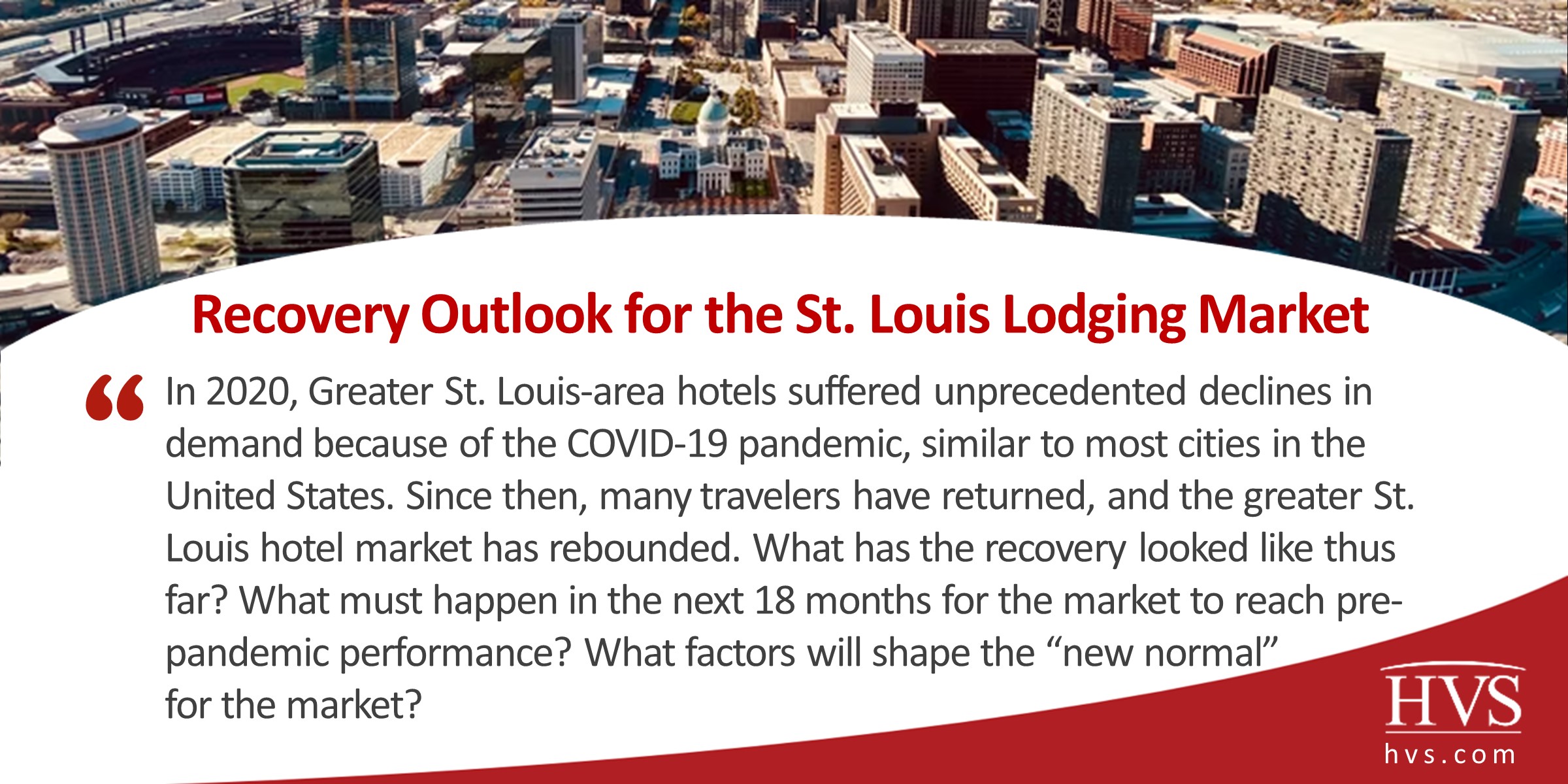
In 2020, Greater St. Louis-area hotels suffered unprecedented declines in demand because of the COVID-19 pandemic, similar to most cities in the United States. Since then, many travelers have returned, and the greater St. Louis hotel market has rebounded. What has the recovery looked like thus far? What must happen in the next 18 months for the market to reach pre-pandemic performance? What factors will shape the “new normal” for the market?
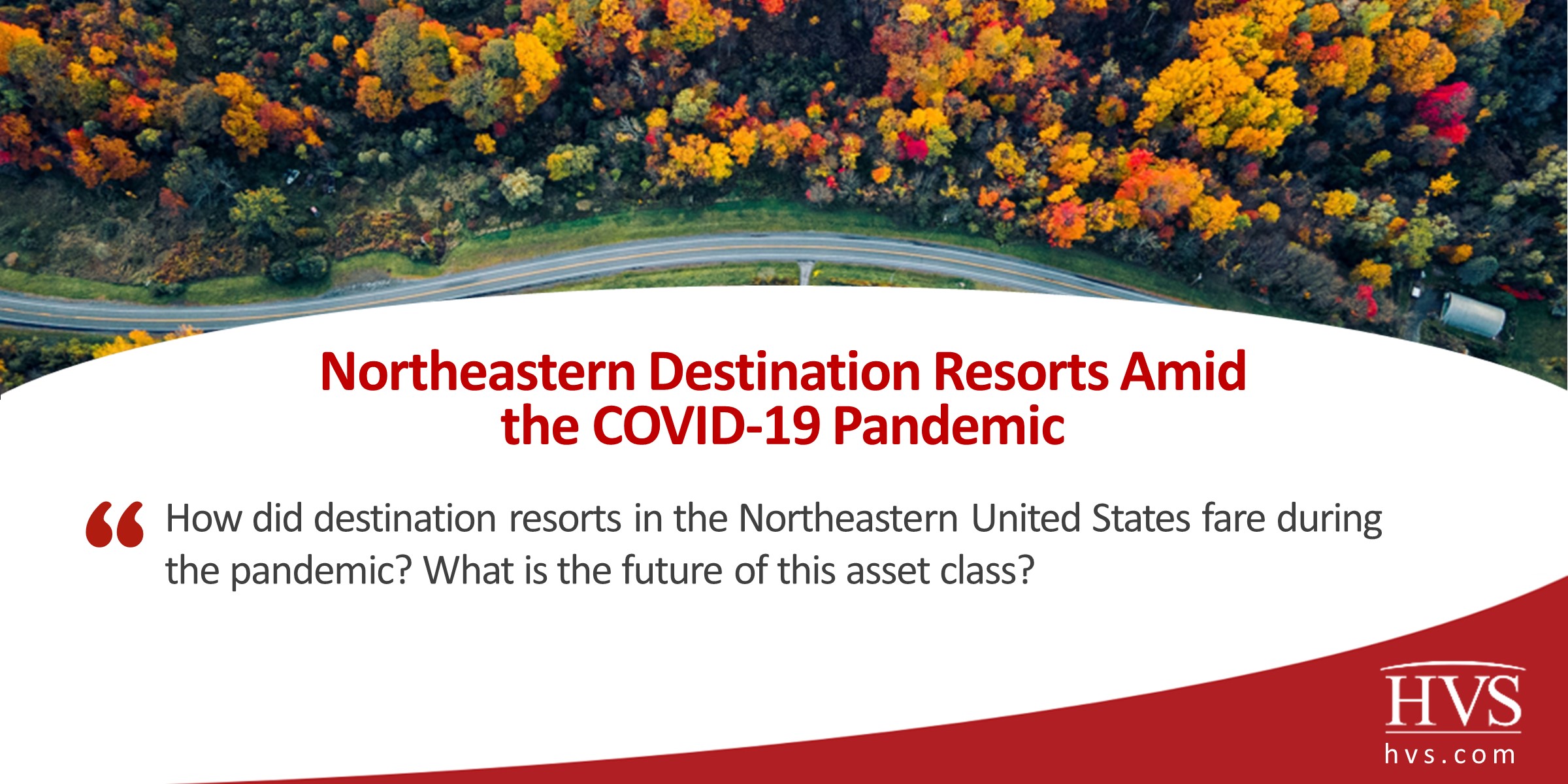
How did destination resorts in the northeastern United States fare during the pandemic? What is the future of this asset class?
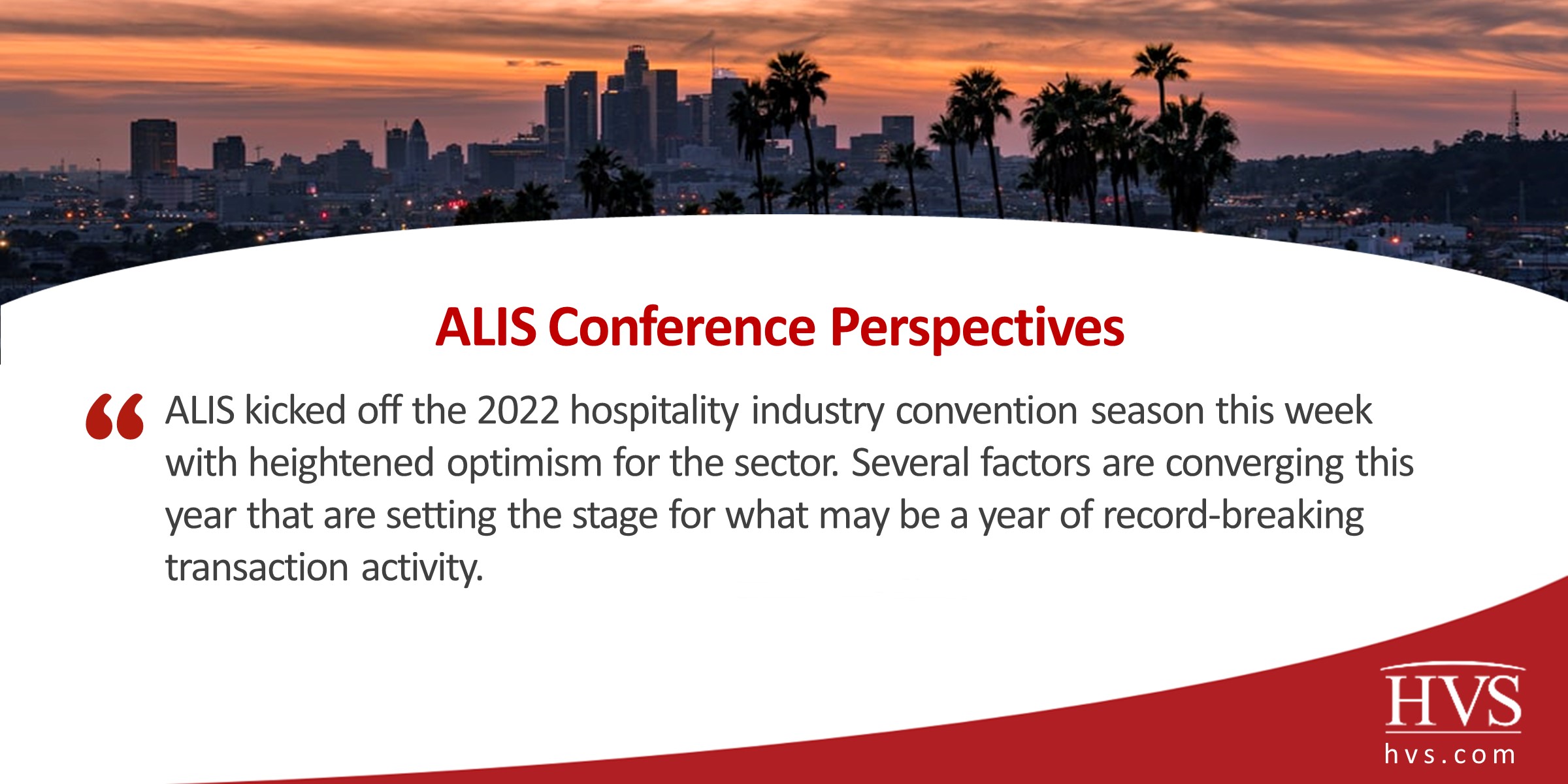
ALIS kicked off the 2022 hospitality industry convention season this week with heightened optimism for the sector. Several factors are converging this year that are setting the stage for what may be a year of record-breaking transaction activity.

As the economic recovery continues following the depths of the COVID-19 pandemic, the current market is making mergers and acquisitions (M&As) more and more attractive to hotel industry players. This article explores the factors contributing to this trend.

Arlington County hotels experienced unprecedented declines in demand during the COVID-19 pandemic, similar to most metropolitan areas in the United States. Considering the area’s large number of demand generators, Arlington hotels are well positioned for a recovery, albeit a slow one. How far did the Arlington hotel market fall? What factors will shape this recovery?

Robust demand in urban centers continues to drive Canadian hotel values despite high interest rate environment.